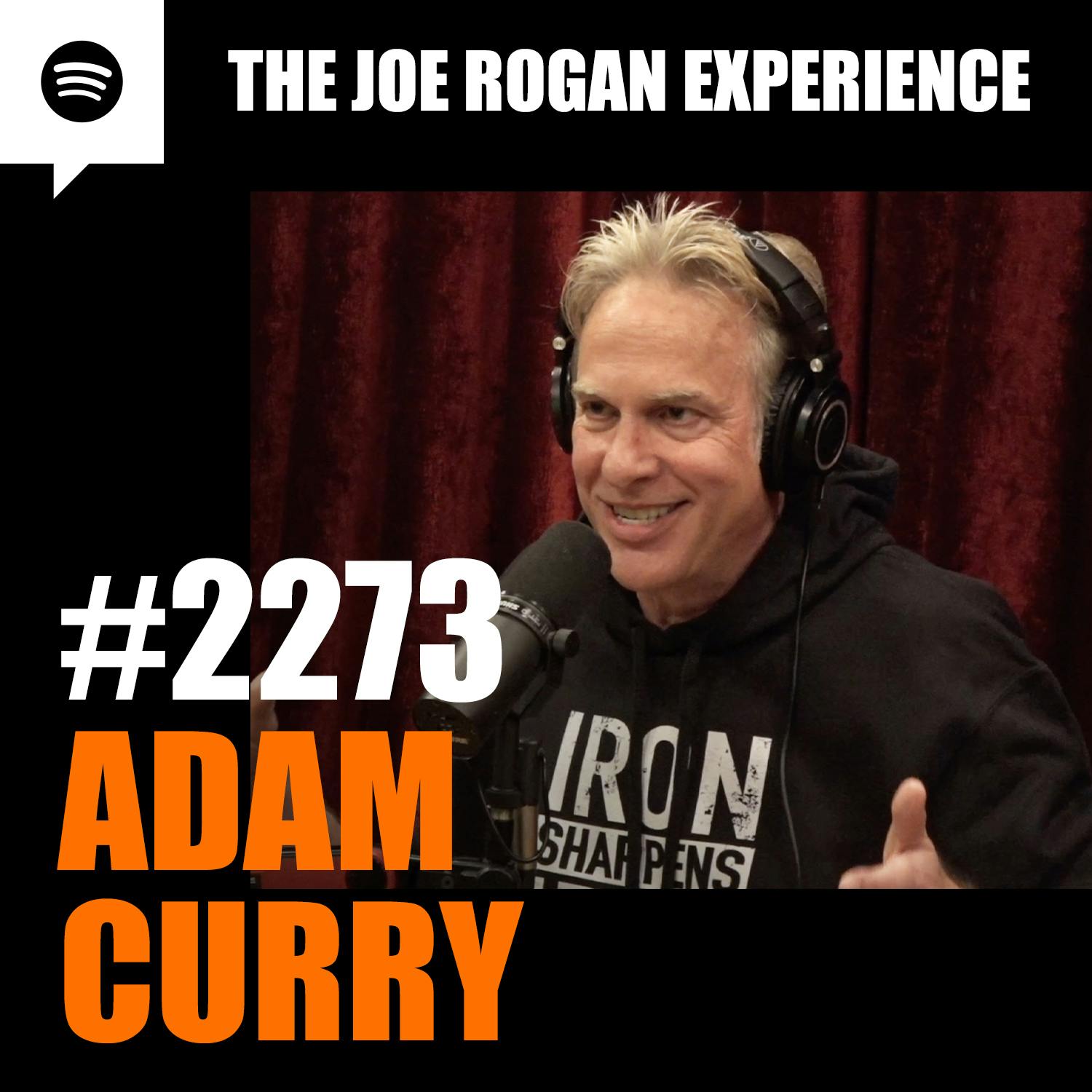
December 10, 2024 • 3hr 25min
#2240 - Roger Avary & Quentin Tarantino
The Joe Rogan Experience

Key Takeaways
- Quentin Tarantino and Roger Avary first met while working together at Video Archives video store in Manhattan Beach in the 1980s
- They now host "The Video Archives Podcast" where they watch and discuss movies together, aiming to recreate the video store experience
- The podcast focuses on deep film analysis and discovering overlooked movies rather than just reviewing mainstream releases
- Roger Avary shared a powerful story about a life-changing car accident that led to jail time and gave him a new perspective on filmmaking and life
- Both discussed their early filmmaking influences and the transition from video store clerks to acclaimed directors
- They provided insights into the current state of cinema, streaming, and how the theatrical experience has changed
Introduction
In this episode, Joe Rogan sits down with acclaimed filmmakers Quentin Tarantino and Roger Avary to discuss their friendship, careers, and current podcast venture. The conversation covers their early days working together at Video Archives, their transition into filmmaking, and how their shared love of movies shaped their careers.
Topics Discussed
Early Days at Video Archives (13:44)
- Tarantino and Avary met while working at Video Archives video store in Manhattan Beach in 1984
- The store became a community hub where they would discuss films with customers for hours
- "We became really famous in the neighborhood. We were the video guys," recalls Tarantino
- They would recommend films to customers and help cultivate their film knowledge
- The experience helped shape their understanding of cinema and audience tastes
Transition to Filmmaking (38:34)
- Tarantino describes feeling "asleep" career-wise while working at the store despite enjoying the job
- A conversation with a bitter older coworker helped motivate him to pursue filmmaking seriously
- He moved to Hollywood to be closer to the film industry and started meeting people in the business
- Within 18 months of moving, he was making a living doing script rewrites
- "You have to be around the other people that are doing it," Tarantino emphasizes about breaking into the industry
The Video Archives Podcast (1:42:31)
- Their podcast aims to recreate the video store experience of discovering and discussing films
- They watch three movies per episode, often including obscure or overlooked titles
- The show maintains authenticity by focusing on films they genuinely want to discuss rather than just popular releases
- They've built a dedicated community of listeners who appreciate deep film analysis
- The podcast is available through Patreon, allowing them creative freedom without network constraints
Roger Avary's Life-Changing Experience (3:06:22)
- Avary shared the story of a tragic car accident that resulted in a fatality and his subsequent imprisonment
- The experience completely changed his perspective on life and filmmaking
- He discussed how it affected his career and relationships in Hollywood
- "It's the most horrible thing that has ever happened to me...but I'm kind of grateful as well, because I was like asleep walking through life," reflects Avary
- The experience taught him compassion and gave him a deeper appreciation for life's simple pleasures
Film Industry Insights (2:19:56)
- Discussion of how streaming and digital technology have changed cinema
- Analysis of the theatrical experience versus home viewing
- Insights into working with studios versus maintaining creative independence
- The importance of maintaining artistic integrity while working within the studio system
- How their video store experience informed their approach to filmmaking
Conclusion
This wide-ranging conversation provided fascinating insights into Tarantino and Avary's friendship, careers, and perspectives on cinema. Their current podcast venture shows how they've maintained their passion for film discussion while adapting to new media formats. The episode also featured powerful personal stories, particularly Avary's account of his life-changing accident and imprisonment, demonstrating how personal experiences have shaped their artistic perspectives and approaches to storytelling.









